Quiz Time!
When in a relationship, what are you more likely to do?
A. Hold yourself accountable for your actions.
B. Ask for reassurance...a lot.

C. Have honest conversations with your partner, even when they're uncomfortable.
D. Keep your feelings to yourself to protect the relationship.

If you answered B and D for this question, you may have an anxious attachment style.
The Anxious Attachment Style
Anxious attachment patterns in adulthood are often related to experiences in early childhood where:
A child's caregivers weren't properly attuned to their needs
The relationship between the child and caregivers didn't promote a sense of security.
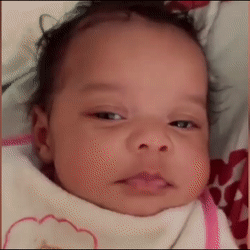
Supportive environments — where a child’s emotional needs are fulfilled by the caregivers — may lead to the child developing a secure attachment style that will follow them into adulthood.
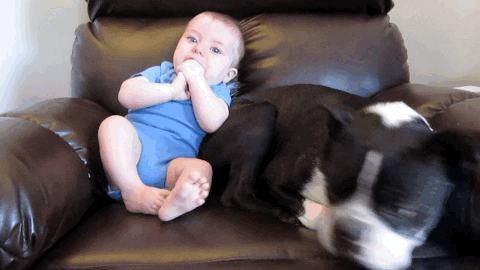
On the flip side, when these needs aren't met consistently, we may have intense feelings of:
insecurity
doubt
anxiety
These feelings can lead to an anxious attachment style.
So how do you recognize anxious attachment in your personal relationships?
Low Self Esteem
You might tend to:
Feel insecure and anxious about your own worth in a relationship.
Seek constant attention, reassurance, and appreciation from your loved ones.
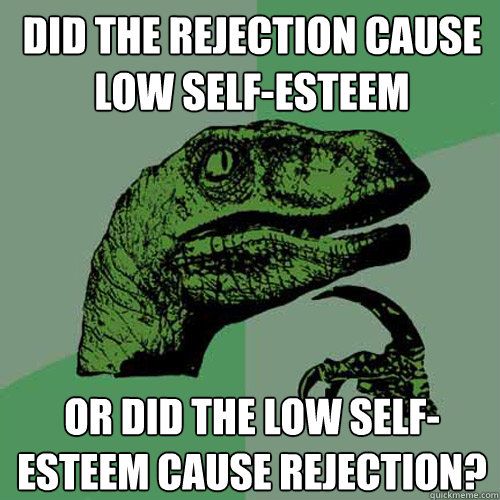
Strong Fear Of Rejection Or Abandonment
You might:
Feel uneasy and vigilant about your relationship.
Overthink the meaning of a partner's words or actions.
Focus on possible signs of rejection and abandonment in your relationship.
Nurture negative and distorted thinking patterns about your relationship.
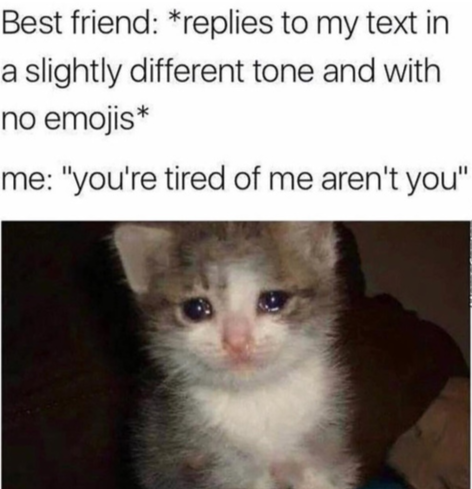
Quiz
Thomas messaged his friend asking her out to a last-minute dinner. He noticed that she had read the message but hadn't replied. Which of these behaviors might show an anxious attachment style?
Emotional Instability
You might feel:
Overly sensitive to your partner's behavior and attitude.
Impulsive, displaying unpredictable reactions to perceived threatening situations.

Clinginess
An anxious attachment style may lead you to feel the need for:
Constant contact with your partner.
Control over your loved one.
While you crave intimacy and closeness in your relationship, you might be overly demanding and dependent on your partner.

Take Action
Friendship, familial, and romantic relationships are all essential to your well-being, so don't let them become a cause of anxiety and stress.
If you think you have an anxious attachment style, try to:
And if you're in a relationship with someone who might have an anxious attachment style, try to:
Give them attention and constant assurance that you care about them.
Be consistent! Stick to promises and commitments.
Encourage self-reflection to help them manage their anxious behaviors.
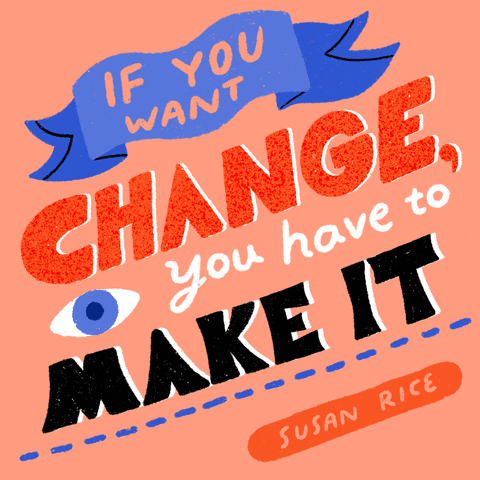
Your feedback matters to us.
This Byte helped me better understand the topic.
